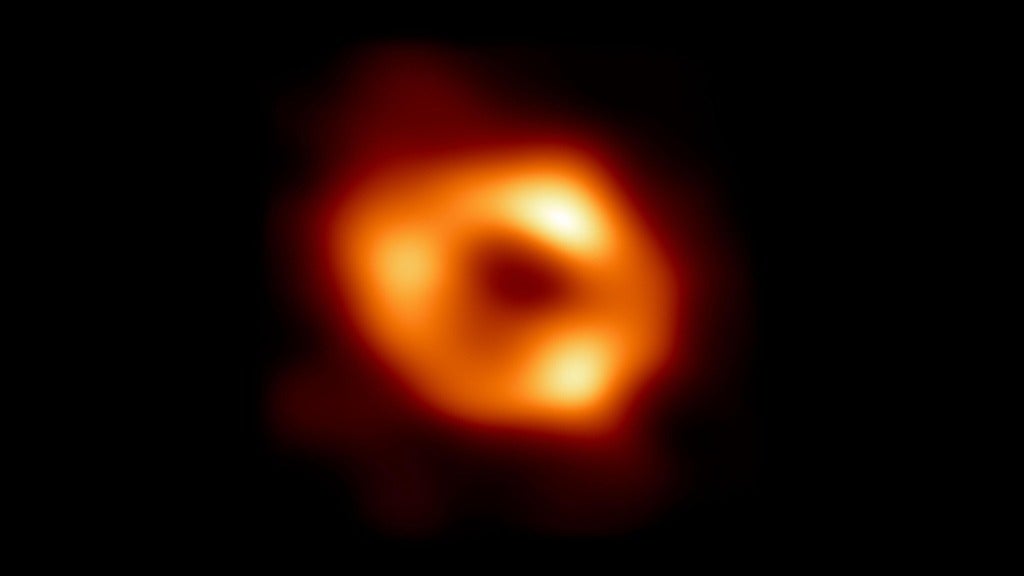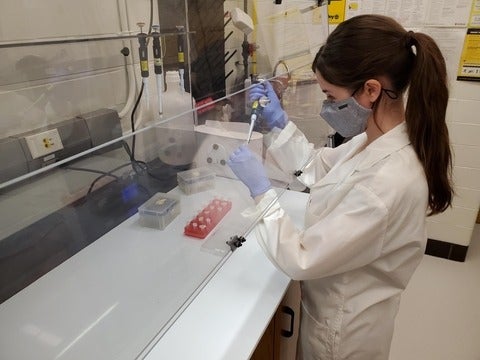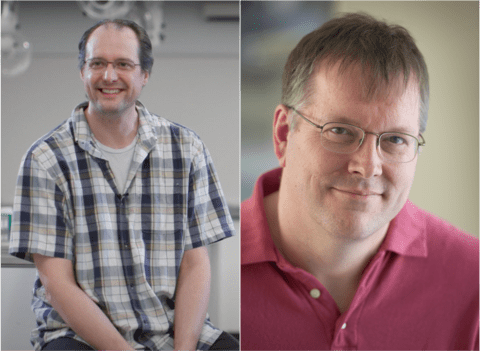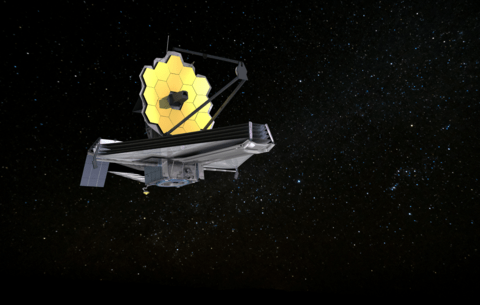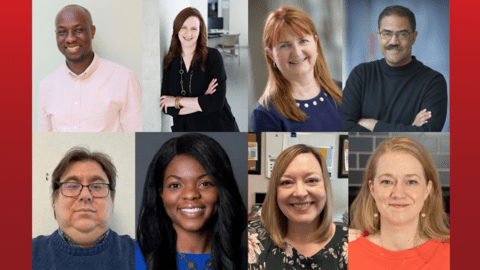Thank You Dean Bob Lemieux!
After an eight-year term that began in July 2015, Dean of Science, Dr. Bob Lemieux, will be stepping down on June 30.
Throughout his tenure, Lemieux focused on the importance of fundamental science and its cardinal intersection with innovation and social impact. He committed more than $500,000 to establish the Dean’s Teaching Innovation Fund to support teaching and learning initiatives within the Faculty of Science. Lemieux hoped that this investment would transform the undergraduate educational experience in science at the University of Waterloo.

